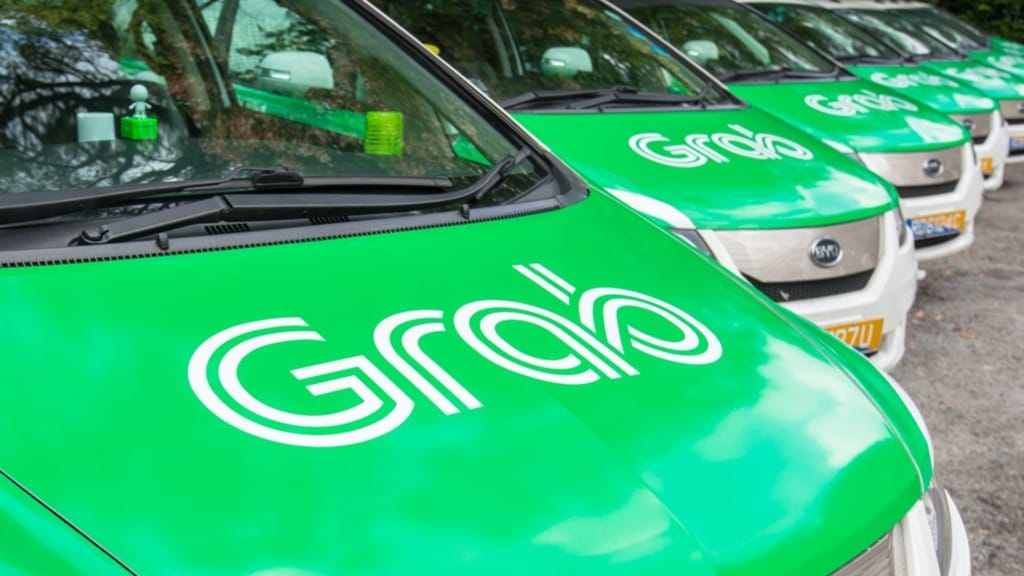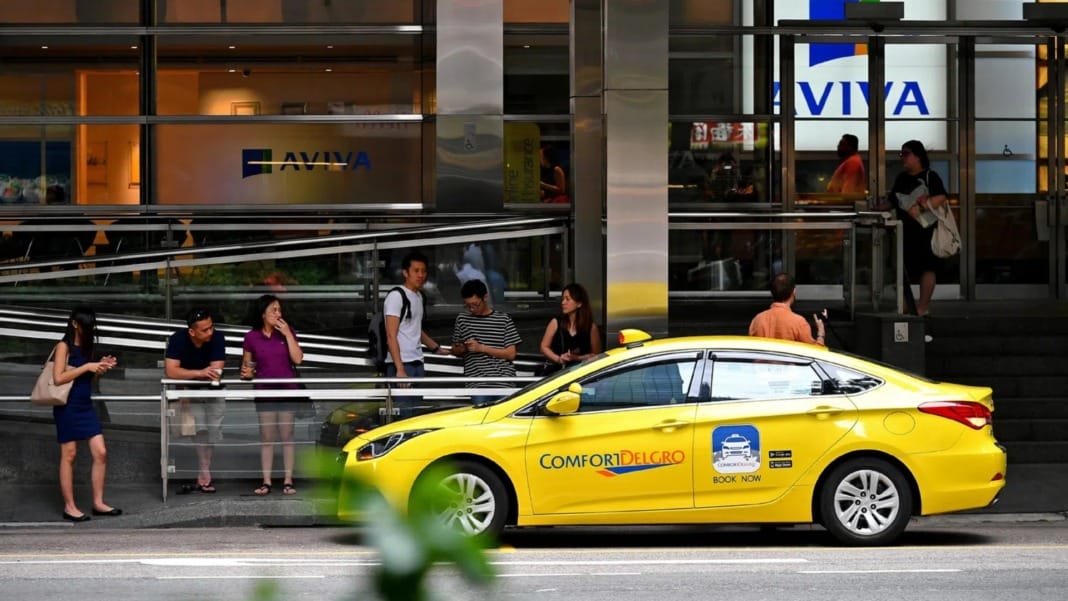Singapore’s ride-hailing industry is set for a transformative phase with the entry of Geolah and TransCab on 1 January 2025. Both companies have secured one-year provisional licences from the Land Transport Authority (LTA), marking a significant move to diversify the market. With established players like Grab, Gojek, Ryde, and TADA currently dominating, the entry of these newcomers is expected to bring renewed competition, improved driver incentives, and enhanced customer experiences.
Singapore’s ride-hailing scene has been defined by a few dominant players for years, resulting in a relatively stable yet uninspired landscape. Pricing models, driver commission structures, and service innovation have seen little disruption. In contrast, regional markets such as Indonesia and Vietnam have seen the rise of local competitors like Gojek and Be Group, driving aggressive pricing strategies and unique driver incentives. The arrival of Geolah, with its AI-driven approach, and TransCab, with its taxi-ride-hailing hybrid model, may push Singapore’s market towards a more dynamic and commuter-friendly environment.
Geolah’s tech-first approach
Founded in 2020, Geolah has already established itself in the mobility sector, offering limousine services and parcel delivery solutions. Their expansion into ride-hailing will focus on leveraging AI technologies to optimise ride routes, reduce travel time, and enhance both driver and passenger satisfaction. This AI-driven strategy mirrors trends in countries like South Korea, where Kakao Mobility uses AI to predict ride demand and improve fleet deployment efficiency.
One of Geolah’s standout features is its zero-commission model for drivers, aimed at increasing take-home earnings. This approach contrasts with platforms in neighbouring countries, where commission rates can reach up to 25% per fare. For drivers in Singapore, this could mean higher income and increased platform loyalty.
Passengers can expect smarter ride-matching algorithms, shorter wait times, and potentially lower fares. Data analytics will also play a significant role in creating personalised offers and loyalty programmes. In markets like India, platforms such as Ola have already demonstrated the value of AI-driven customer incentives, and Geolah aims to replicate this success locally.
However, success is not guaranteed. Entering a market dominated by established giants requires trust-building with both drivers and passengers. Geolah must prove that its AI systems are not just buzzwords but genuinely improve user experience and operational efficiency. If executed well, Geolah’s tech-driven strategy could reshape how ride-hailing platforms operate in Singapore, providing both affordability for passengers and fairness for drivers.
TransCab’s hybrid model offering the best of both worlds
As Singapore’s third-largest taxi operator, TransCab brings years of operational experience and a fleet of over 2,000 taxis to its new ride-hailing platform. Their strategy is a hybrid model, blending traditional taxi services with app-based ride-hailing. This dual approach offers a seamless commuting experience, catering to tech-savvy passengers and those who prefer flagging down a taxi on the street.
In contrast, regional markets such as Thailand have seen similar hybrid models succeed, with traditional taxi operators integrating digital booking systems to remain competitive against app-based giants like Grab. TransCab’s strategy is a stabilising force in Singapore’s competitive ride-hailing scene.
For drivers, this hybrid model provides flexibility. They can switch between app-based bookings and traditional street hails, creating multiple income streams. In countries like Malaysia, taxi operators collaborating with ride-hailing platforms have reported increased driver satisfaction due to greater fare opportunities and workload balance.
Passengers stand to benefit from better service availability during peak hours, with TransCab’s strong local infrastructure ensuring efficient fleet deployment. Additionally, their established reputation for reliability could give them an advantage when building customer trust in the digital space.
However, TransCab must address challenges such as app usability, competitive pricing, and driver onboarding processes. Balancing their legacy operations with ride-hailing demands will require strategic planning and consistent execution.
If done right, TransCab’s hybrid model could become a blueprint for other traditional taxi operators looking to remain relevant in an increasingly app-driven industry.
Rising platform fees: A regional perspective on driver welfare
Starting 1 January 2025 as well, commuters will see increased platform fees across major players like Grab, Gojek, ComfortDelGro (CDG Zig), and TADA. These increases, ranging from S$0.20 to S$0.50 per trip, are primarily driven by the Platform Workers Act compliance. This legislation aims to improve driver welfare through mandatory CPF contributions, work injury compensation, and better representation frameworks.

For context, similar welfare-focused regulations are emerging in countries like Australia and Spain, where governments are mandating platform operators to provide social security contributions and enhanced insurance for gig workers. In these regions, fare hikes have also been implemented to accommodate increased operational costs.
Grab, Singapore’s largest operator, will raise platform fees for transport services from S$0.70 to S$0.90 and for food delivery services from S$0.40 to S$0.60. Similarly, Gojek announced increases ranging from S$0.30 to S$0.50 per trip, citing driver welfare and service improvements.
Meanwhile, CDG Zig will transition to a variable fee structure of S$1 to S$1.20, replacing its flat rate of S$0.70. This fee will vary based on distance and time travelled. Lastly, TADA will also increase its platform fee by S$0.50 per trip, excluding GST.
| Operator | Current Fee | Fee from 1 Jan 2025 | Increase |
|---|---|---|---|
| ComfortDelGro (CDG Zig) | S$0.70 | S$1 – S$1.20 | ▲ S$0.30 – S$0.50 |
| Gojek | S$0.60 – S$1 | S$0.90 – S$1.50 | ▲ S$0.30 – S$0.50 |
| Grab (Food, Mart, Express) | S$0.40 | S$0.60 | ▲ S$0.20 |
| Grab (Transport) | S$0.70 | S$0.90 | ▲ S$0.20 |
| TADA | S$0.60 – S$0.82 | S$1.10 – S$1.32 * | ▲ S$0.50 |
| * Excludes GST | |||
These changes highlight a global trend where platform operators must balance worker welfare with commuter affordability. While commuters might feel the pinch, the adjustments aim to create a more sustainable model for driver welfare and operational efficiency.
The road ahead with lessons from global markets
Singapore’s ride-hailing sector is at a crossroads, balancing increased regulatory demands, rising operational costs, and intensifying competition from new and established players. Markets like Indonesia and Vietnam offer valuable lessons, where increased competition drove innovation and triggered fare wars that hurt long-term profitability.
For Geolah and TransCab, the challenge lies in carving out sustainable niches. Geolah must demonstrate the real-world value of its AI-driven efficiencies, while TransCab needs to ensure smooth integration between its traditional taxi services and digital platforms.
Drivers are at the heart of this evolution. With better CPF contributions, insurance coverage, and representation rights under the Platform Workers Act, they may experience improved job satisfaction and financial security. However, adapting to these new models could still pose short-term challenges.
For commuters, the landscape may become more diverse and potentially more expensive. Increased platform fees translate into higher fares, but competition among operators might balance this with promotional fares and service upgrades. The next 12 months will be a test for both new entrants and existing giants. Companies that can balance innovation, affordability, and worker welfare will emerge as leaders in Singapore’s ever-evolving ride-hailing sector.





